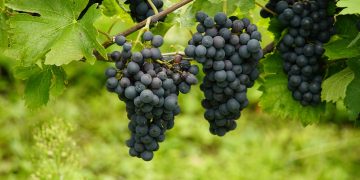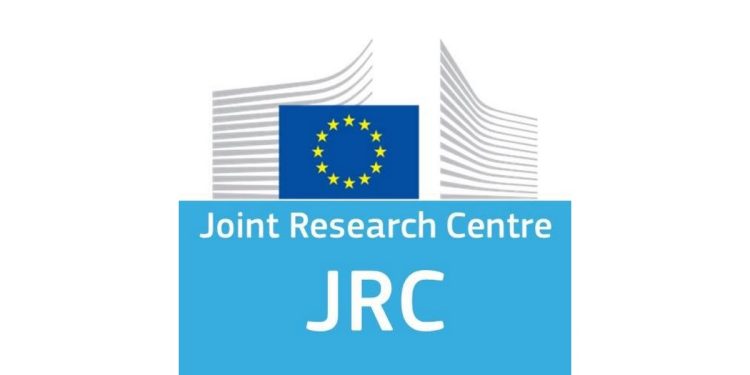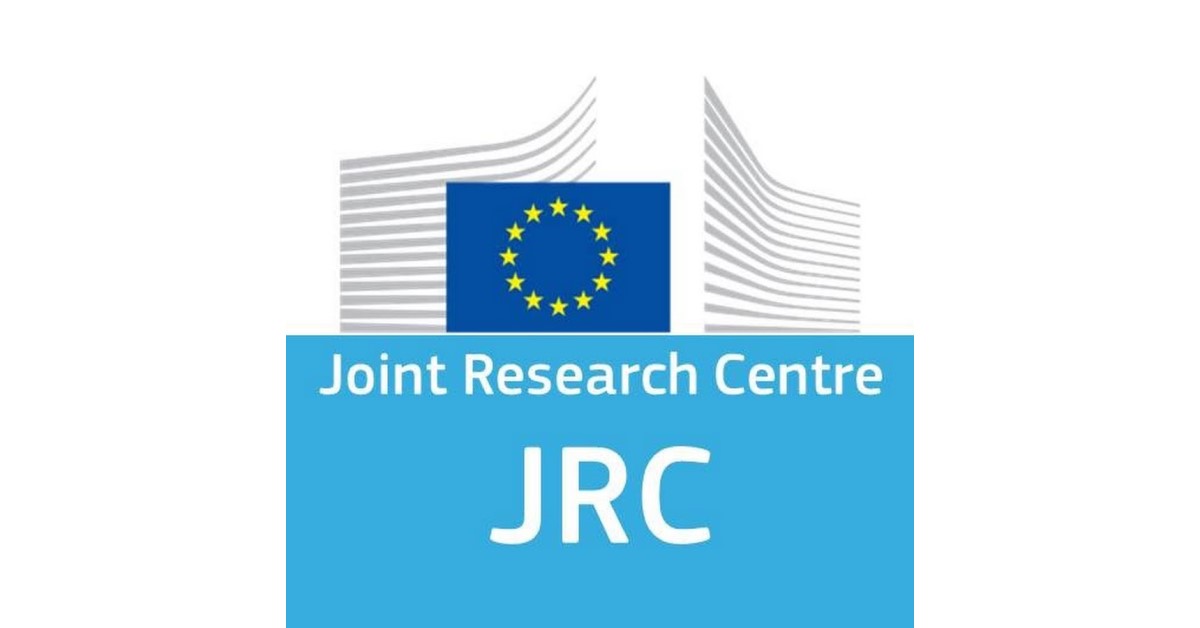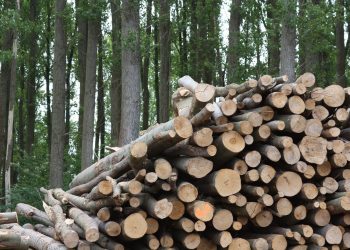While Ukraine has made significant progress in climate action since the 2010s, and undertaken efforts to align its environmental strategy with EU standards, Russia’s invasion in 2022 has contributed to environmental devastation due to the release of potentially toxic elements resulting from military activities. The war has also hampered the country’s ability to monitor and respond to changes in the environment, according to a new JRC report.
On the one hand, the war led to lower greenhouse gas emissions due to reduced industrial production and destruction of energy facilities. On the other hand, new greenhouse gas emissions have emerged associated with military operations as well as a redistribution or deterioration of pollution impacting air quality and soil, and an increased risk of forest fires. Chemicals from munition and other pollutants, and damage to inland waterways and marine infrastructure are likely to have long-term consequences for human health and biodiversity of ecosystems, particularly for those in the Black Sea and Sea of Azov.
These findings are published in the report Status of Environment and Climate in Ukraine. The information – for the first time summarised in this report – provides a useful reference tool for assessing more in depth the impact of war in Ukraine for specific environment and climate aspects including inputs for the reconstruction of the country.
Moreover, the findings can help to monitor Ukraine’s progress in the green transition, with an emphasis on zero-pollution, low-carbon and nature-preserving dimensions. The study also aims to suport Ukraine’s national and local authorities to understand the magnitude of the challenges in absolute terms.
This knowledge could help them to make informed decisions on the implementation of the Ukraine plan, by leveraging the foreseen reforms and investments to improve the status of air quality, reduce greenhouse gas emissions, protect forests, conserve soils, and safeguard marine environment. The Ukraine Plan is a key part of the Ukraine Facility which offers financial support to bolster Ukraine’s recovery and resilience on its way to EU membership.
Air quality and climate action
Between 2018 and 2022, Ukraine’s annual average concentrations of the air pollutants sulphur dioxide (SO2), nitric oxide (NO), carbon monoxide (CO) and total suspended matter met national air quality standards criteria, while nitrogen dioxide (NO2) and formaldehyde (CH2O) levels were above them.
In the capital Kyiv, annual concentrations of fine particles, particulate matter PM10 (smaller than 10 µm in diameter) and PM2.5 (smaller than 2.5 µm) were below the annual EU limit values while higher than the stricter WHO guidelines.
In 2019, 42,900 premature deaths and 953,500 disability-adjusted life years (DALYs) in Ukraine were related to air pollution, which corresponds to about 10% of all cases of morbidity and mortality. Since 2022, the war led to the emergence of atypical air pollution patterns associated with military operations.
Ukraine’s framework for climate action has brought down greenhouse gas emissions: by 2021, they were down by 62.5% compared to 1990. As recovery from the pandemic picked up, in 2021, the emissions (including land use, land use change and forests, i.e. LULUCF) grew by 7.5% compared to 2020.
Since 2022, destruction of industrial and energy facilities caused by war led to a drop in GHG emissions (23-26% reduction in 2022 compared to 2021) and to the emergence of new GHG emissions associated with military operations which in the first 18 months amounted to 77MtCO2-eq.
Ukrainian local authorities are active in climate action through adhesion to the Covenant of Mayors for Climate and Energy in the Eastern Partnership initiative with 363 signatories, covering 51% of the national population. Their overall commitment is to reduce 33% of their GHG emissions by 2030, compared to their baseline emission inventory year. Moreover, they have planned adaptation measures to address extreme heat and floods & mass movements in their territories.
Forests and soil
Although forests only cover about one fifth of its territory, Ukraine ranks among the top European countries in terms of forest area. Approximately 1.7 million hectares of Ukrainian forests are affected by war, accounting for approximately 15% of the country’s total forest cover.
Since the outbreak of military activities in February 2022, the pressures on forest resources expanded due to intense deforestation and habitat destruction, and the threat of explosive remnants and wildfires. Over the past decades, climate change has increased the risk of large forest fires, especially in the last five years. Wildfires account for 45-65% of the Ukrainian forest cover losses every year.
According to satellite imagery, analysed for the JRC Advance report on Forest Fires in Europe, Middle East and North Africa 2024, in 2024 Ukraine suffered record-breaking wildfires. A total of 965 000 ha was burnt, more than twice the area burnt in the entire EU over the same period. Most major fires occurred during dry and hot weather, along the frontlines.
Soil health is of great importance in Ukraine considering that agriculture is one of the main economic activities, accounting for 11% of GDP, 60% of exports worth EUR 23.3 billion in 2023. Soils in Ukraine have high levels of organic matter and are rich in nutrients, but they are also vulnerable to degradation.
Erosion stands out as the most widespread threat as 40% of the soil in Ukraine is affected. The war contributed to devastation by releasing toxic elements, such as lead, mercury, and arsenic that may cause serious consequences for public health by penetrating into food chains.
Marine environment
The Black Sea is under a lot of pressure from human activities, resulting from nutrient and contaminant overload (including microplastics), intensive marine traffic, climate change, fishery and invasive species. Plant protection products are the main source of emerging pollutants.
Since 2022 there is a growing concern about increased release of chemicals and habitat destruction, both with long-term consequences, due to military actions. However, environmental monitoring since the start of the war is not possible due to inaccessibility of the coast and inability to perform marine surveys.
Background
The status of air pollution, greenhouse gas emissions, climate action, forest resources, soil and marine environment is assessed in a time window between the 2010s and the 2020s, which includes the COVID-19 pandemic and the beginning of the war in Ukraine. The scarcity of data represents a significant obstacle for continuous spatial and temporal environmental monitoring.
The availability of reliable field data is crucial to identifying critical environmental and climate aspects. Thus, it is vital to establish and improve monitoring networks, including transparent reporting.
O artigo foi publicado originalmente em JRC.




















































